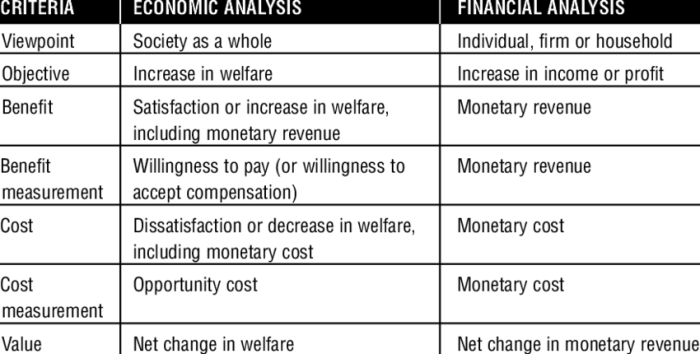What are financial values everfi? This comprehensive guide delves into the fundamental principles of financial values, empowering individuals to make informed financial decisions aligned with their personal beliefs and aspirations.
Financial values serve as the cornerstone of sound financial management, guiding individuals in setting goals, creating plans, and managing risks. Understanding and applying these values can lead to greater financial stability, security, and fulfillment.
1. Defining Financial Values
Financial values are the beliefs and principles that guide our financial decisions. They influence how we save, spend, invest, and manage our money. Common financial values include:
- Saving: The belief that it is important to set aside money for future needs.
- Investing: The belief that investing money can help us grow our wealth.
- Budgeting: The belief that creating a budget can help us control our spending and achieve our financial goals.
Our financial values can have a significant impact on our financial decision-making. For example, someone who values saving may be more likely to set up a savings account and contribute to it regularly. Someone who values investing may be more likely to research different investment options and allocate a portion of their income to investments.
2. Identifying Your Financial Values: What Are Financial Values Everfi
The first step to aligning your financial decisions with your values is to identify what your financial values are. There are a few different ways to do this, including:
- Values clarification exercises: These exercises can help you to identify your core values, including your financial values.
- Self-assessment: You can also try to identify your financial values by reflecting on your past financial decisions and how they made you feel.
Once you have identified your financial values, you can start to make financial decisions that are in line with them.
3. Setting Financial Goals Based on Values

Your financial values can serve as the foundation for setting financial goals. When you set financial goals that are aligned with your values, you are more likely to achieve them because you are motivated by your beliefs and principles.
To set financial goals based on your values, follow these steps:
- Identify your financial values.
- Brainstorm a list of financial goals that are aligned with your values.
- Prioritize your financial goals.
- Create a plan to achieve your financial goals.
By following these steps, you can set financial goals that are meaningful to you and that you are more likely to achieve.
4. Creating a Financial Plan That Reflects Values

A financial plan is a roadmap that Artikels your financial goals and how you plan to achieve them. When you create a financial plan that reflects your values, you are more likely to make financial decisions that are in line with your beliefs and principles.
To create a financial plan that reflects your values, follow these steps:
- Identify your financial values.
- Set financial goals that are aligned with your values.
- Choose financial planning tools and techniques that align with your values.
- Review and adjust your financial plan regularly.
By following these steps, you can create a financial plan that is tailored to your individual needs and values.
FAQ Insights
What is the significance of financial values?
Financial values provide a framework for making financial decisions that align with personal beliefs and goals, leading to greater financial stability and fulfillment.
How can I identify my financial values?
Introspection and self-assessment exercises can help individuals identify their financial values. Values clarification exercises and worksheets can guide this process.
How do financial values influence financial decision-making?
Financial values serve as a compass, guiding individuals towards financial decisions that align with their priorities and aspirations. They influence choices related to saving, investing, spending, and risk-taking.